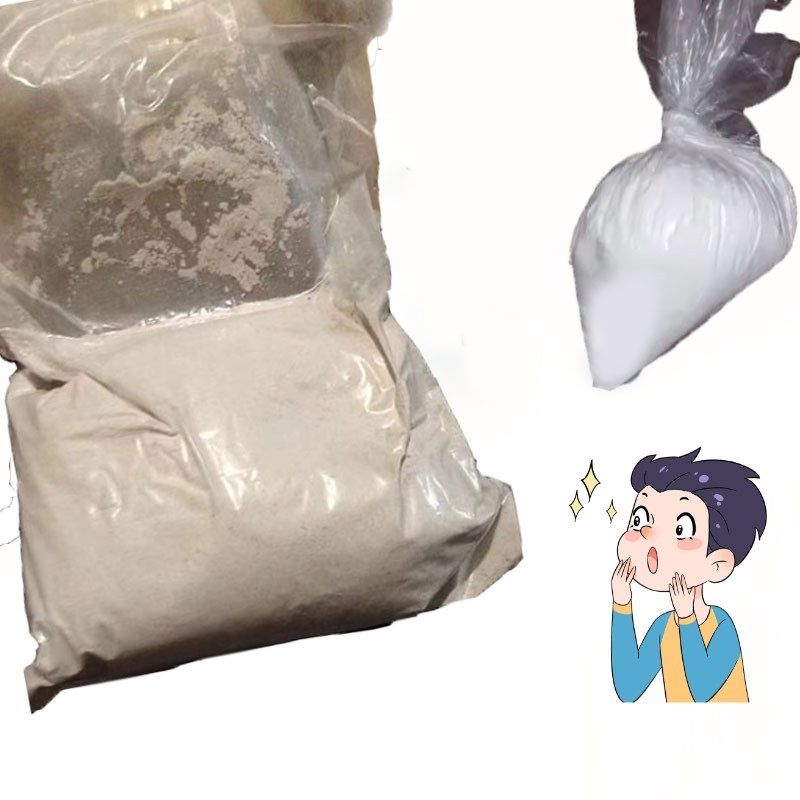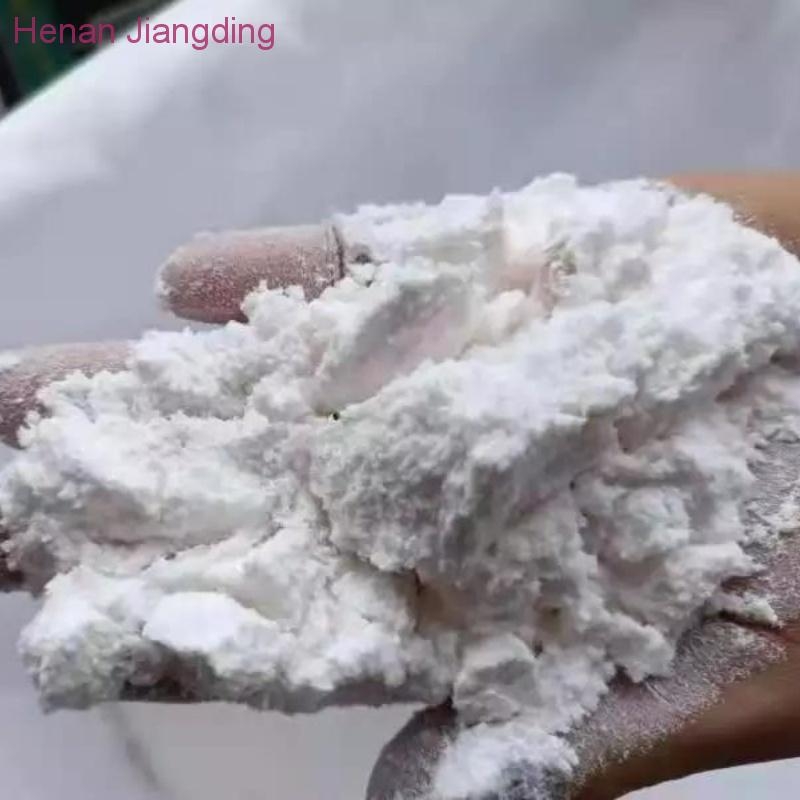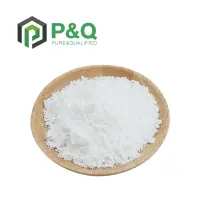-
Categories
-
Pharmaceutical Intermediates
-
Active Pharmaceutical Ingredients
-
Food Additives
- Industrial Coatings
- Agrochemicals
- Dyes and Pigments
- Surfactant
- Flavors and Fragrances
- Chemical Reagents
- Catalyst and Auxiliary
- Natural Products
- Inorganic Chemistry
-
Organic Chemistry
-
Biochemical Engineering
- Analytical Chemistry
- Cosmetic Ingredient
-
Pharmaceutical Intermediates
Promotion
ECHEMI Mall
Wholesale
Weekly Price
Exhibition
News
-
Trade Service
Today, Nature Aging published an important paper on Alzheimer's disease
It is well known that the APOE4 allele is the largest genetic risk factor for Alzheimer's disease
What is the ability of APOE4 gene and how can it have a huge impact on Alzheimer's disease? In April last year, the team of Professor Berislav Zlokovic of the University of Southern California published an article in the journal Nature, revealing the mystery behind it: It turns out that this gene can cause degenerative changes in the capillary pericytes of the brain and accelerate the blood-brain barrier.
This makes it easier for toxic substances in the blood to enter the brain and damage brain cells, thereby affecting cognitive function
Based on these findings, Professor Zlokovic’s team has made persistent efforts to further explore the mechanism by which APOE4 gene destroys pericytes in the study published today
Researchers have found that with the destruction of pericytes, the level of "cyclophilin A" in the blood vessels of Alzheimer's disease patients will increase, and it is precisely a pro-inflammatory protein
▲ Cyclophilin A (red in the upper image) activated in the brain pericytes will activate MMP9 (red in the lower image) and affect the capillaries (blue) (picture source: reference [2]; Credit: Angeliki Nikolakopoulou, PhD )
▲ Cyclophilin A (red in the upper image) activated in the brain pericytes will activate MMP9 (red in the lower image) and affect the capillaries (blue) (picture source: reference [2]; Credit: Angeliki Nikolakopoulou, PhD )In a mouse model carrying APOE4, the researchers pointed out that cyclophilin A can activate an enzyme called "matrix metalloproteinase A 9" (abbreviated MMP9)
Interestingly, the researchers did not observe this phenomenon in mice carrying APOE3
Considering that cyclophilin A plays a role in regulating the integrity of blood vessels in pericytes, the authors of this paper naturally wondered whether if cyclophilin A can be inhibited, could it be possible to avoid activation of MMP9, thereby protecting the blood-brain barrier.
▲ Cyclophilin inhibitors can improve the condition of APOE4 mice (picture source: reference [1])
▲ Cyclophilin inhibitors can improve the condition of APOE4 mice (picture source: reference [1])To test this idea, scientists used a cyclophilin A inhibitor in mice carrying APOE4, and the results were just as they expected! Under the action of inhibitors, even if they carry the APOE4 gene, the integrity of the blood-brain barrier in mice can be improved
More importantly, this inhibitor can also prevent the loss of neurons and prevent behavioral problems in mice!
Taken together, this study shows that drugs targeting the cyclophilin A-MMP9 pathway are expected to alleviate the vascular abnormalities and neurodegenerative symptoms caused by the APOE4 gene
It is worth mentioning that the cyclophilin A inhibitor used in this study is called Debio-025 (alisporivir), which itself is a hepatitis C therapy
Note: The original text has been deleted
Reference materials:
Reference materials:[1] Montagne, A.
[1] Montagne, A.
[2] USC study reveals potential new treatment target for Alzheimer's disease, Retrieved June 14, 2021, from https://







